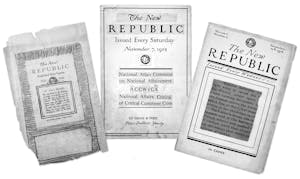October 9, 2025
October 24, 2024
June 7, 2024
April 22, 2024
March 20, 2023
March 15, 2023
October 13, 2022
September 22, 2022
October 4, 2021
September 3, 2021
August 31, 2021
December 22, 2020
November 6, 2020
October 9, 2020
July 17, 2020
May 1, 2020
August 7, 2019
















